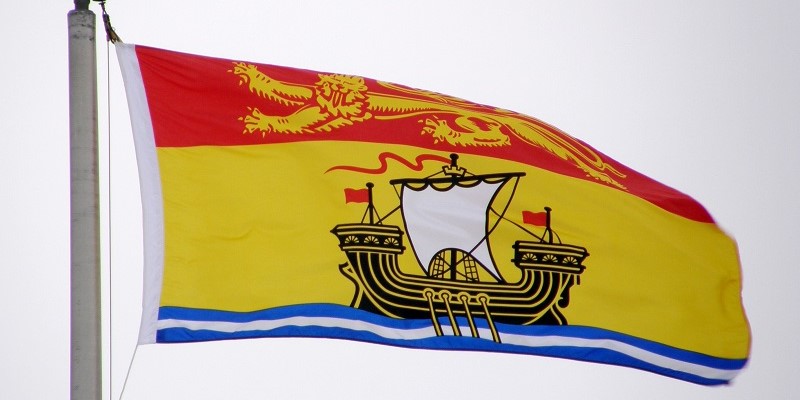New Brunswick’s natural gas opportunity—separating fact from fiction

Recent news of a merger between Southwestern Energy, which holds shale gas exploration licences in New Brunswick, and energy giant Chesapeake have rekindled a long-standing debate about natural gas in the province. In fact, the topic was a focal point in Premier Higgs’ recent State of the Province address.
Natural gas development often relies on hydraulic fracturing (fracking), which was banned by the Gallant government in 2014. The Higgs government has taken a different approach, approving gas development in some areas and touting the province’s overall natural gas opportunity, a move criticized by some groups.
Given the tenor of these discussions and the economic opportunity involved, it’s important to separate fact from fiction to carefully weigh the costs and benefits of developing natural gas.
Fact #1: The responsible application of fracking for natural gas can certainly play a substantial role in mitigating associated environmental risks. Leading research has found that while there are environmental risks from fracking, these are “modest and minimal” when companies follow best practices.
Fact #2: New Brunswick currently imports natural gas via the Maritimes and Northeast Pipeline from the United States, where companies use fracking. In other words, other jurisdictions are profiting by selling New Brunswickers a resource that already exists and can be developed in New Brunswick.
Fact #3: Global production and consumption of natural gas has been rising and will continue to rise in the coming years, with exporting jurisdictions generating prosperity as a result. Consider the state of Pennsylvania, where the industry has boomed since the mid-2000s. In that state, the natural gas sector has created more than 123,000 jobs, paying 113 per cent of the average median wage. While New Brunswick’s natural gas reserves are smaller in scale, this gives a sense of the size of the opportunity.
Fact #4: Although New Brunswick’s gas reserves are smaller than major gas-producing jurisdictions in North America, tremendous economic potential exists for natural gas development in the province. With a “moderate” level of development, the province projects $13 billion in direct and $8 billion in indirect investment over 20 years. Additionally, Premier Higgs recently pitched up to $1.6 billion in benefits for Indigenous groups. This is an opportunity for the government to improve New Brunswick’s dismal record on attracting business investment, which could also help close the province’s income gap with the rest of Canada.
Fact #5: Natural gas is a relatively clean burning fuel compared to coal or petroleum products. Increased production and use of natural gas can reduce emissions to the extent it displaces these fuels. As of 2019, coal, coke and petroleum represented 15 per cent of energy production in the province. In neighbouring Nova Scotia, where 54 per cent of energy production comes from these sources, there’s a potential ready-made export opportunity, given the two provinces are already connected by pipeline.
Ultimately, it will be up to New Brunswickers to decide whether to pursue the province’s opportunity in natural gas, particularly given that this is an election year. However, they should be well-informed when doing so. Proclamations of environmental doom, which ignore the environmental and economic benefits, are not based in reality. The facts suggest New Brunswick has an opportunity to develop its natural resources safely, in a way that benefits New Brunswickers and contributes to lowering emissions.
Author:
Subscribe to the Fraser Institute
Get the latest news from the Fraser Institute on the latest research studies, news and events.

